Speakers
International Summer School in Affective Sciences (ISSAS)
Emotional intelligence (EI):
Theory and research on the perception, use and regulation of emotions, with implications for education, health and organizations
July 2-12, 2024
Chateau de bossey, Switzerland
Speakers
List regularly updated.

Dr. Marc Brackett

Dr. Stéphane Côté
University of Toronto
Website
Stéphane Côté is Geoffrey Conway Chair in Business Ethics, Professor of Organizational Behaviour, and Director of Faculty Recruiting at Rotman. His research focuses on how emotional intelligence relates to well-being and performance, and how social class and inequality relate to prosocial and ethical behavior in social and organizational settings. He is an Associate Editor at Administrative Science Quarterly and a Fellow of the Association for Psychological Science, International Association of Applied Psychology and Society for Personality and Social Psychology. He teaches courses on emotional intelligence in the MBA and Commerce programs.
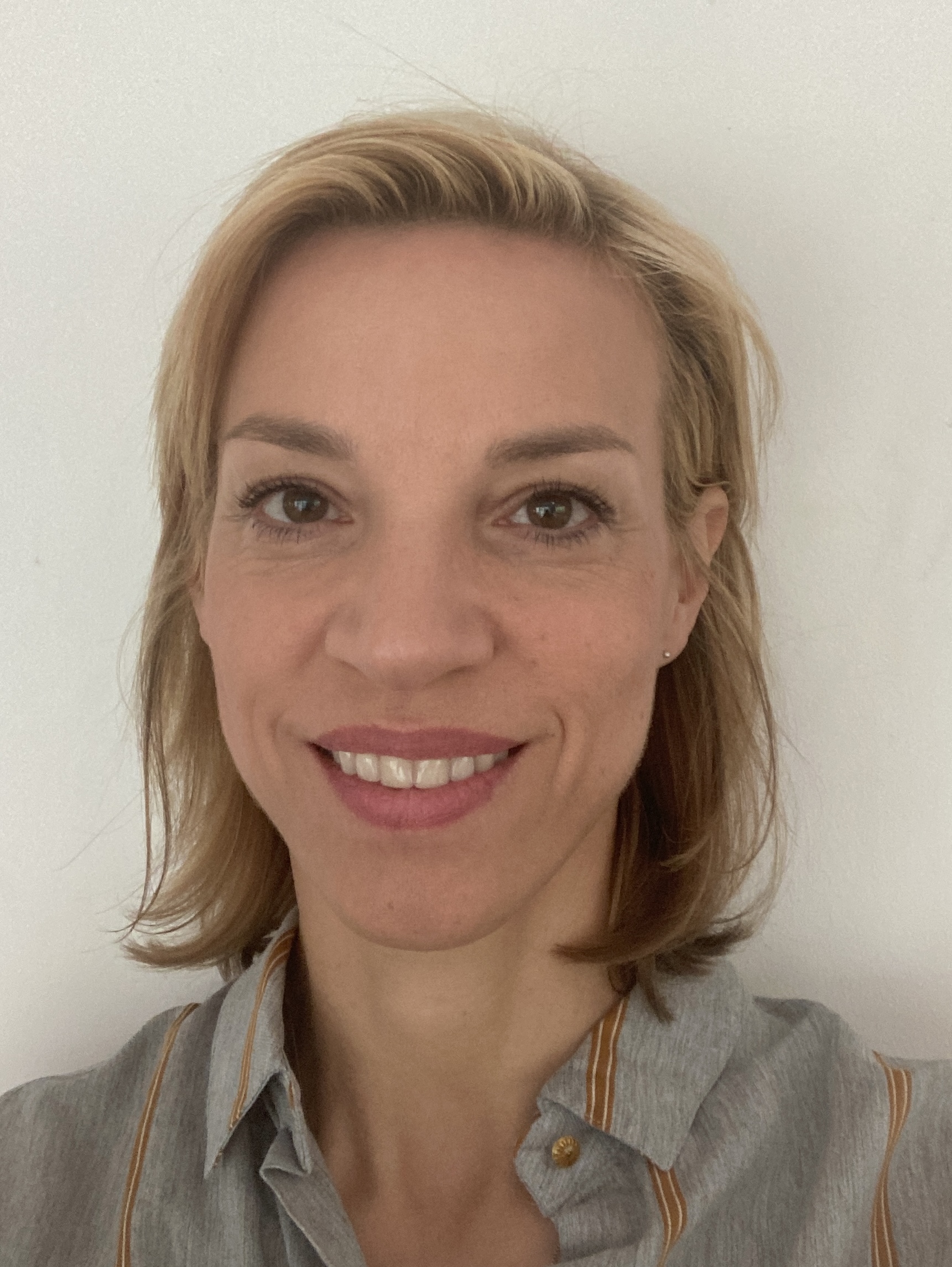
Prof. Isabel Dziobek
Humboldt-Universität zu Berlin
Website
Isabel Dziobek is Professor of Clinical Psychology of Social Interaction at Humboldt-Universität zu Berlin and Head of the University Outpatient Clinic for Psychotherapy. She holds degrees in psychology and psychotherapy (CBT) and her work focuses on bio-psycho-social mechanisms of social interaction disorders, especially autism, and the development and evaluation of diagnostic and interventional tools for social interaction disorders (psychotherapy, e-mental health, robotics). She has a special interest in patient and public involvement. Prof. Dziobek studied at the universities of Bochum and Bielefeld as well as the New York University. She has been a full professor at Humboldt-Universität since 2014. She has published more than 150 scientific papers in peer-reviewed journals, conducted several multicenter trials, is a faculty member of the Max Planck School of Cognition and the Einstein Center for Neuroscience, and has received numerous awards, including the prestigious Charlotte and Karl Bühler Prize of the German Psychological Society.
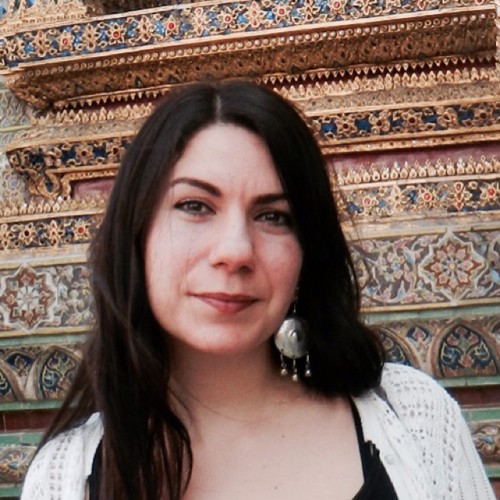
Dr. Yasemin Erbas
Tilburg University
Website
I studied psychology and philosophy at the University of Amsterdam (Netherlands), after which I moved to KU Leuven (Belgium) to obtain my PhD, followed by a postdoc. Since 2021, I am an Assistant Professor at the Department of Developmental Psychology at Tilburg University (the Netherlands). I study emotional experiences and complexity in relation to emotion regulation and well-being. I mostly study emotions in daily life using the experience sampling method/ambulatory assessment, and my work is aimed toward better understanding the complex architecture of our daily emotional experiences, as well as improving the theory and measurement of emotions in daily life.
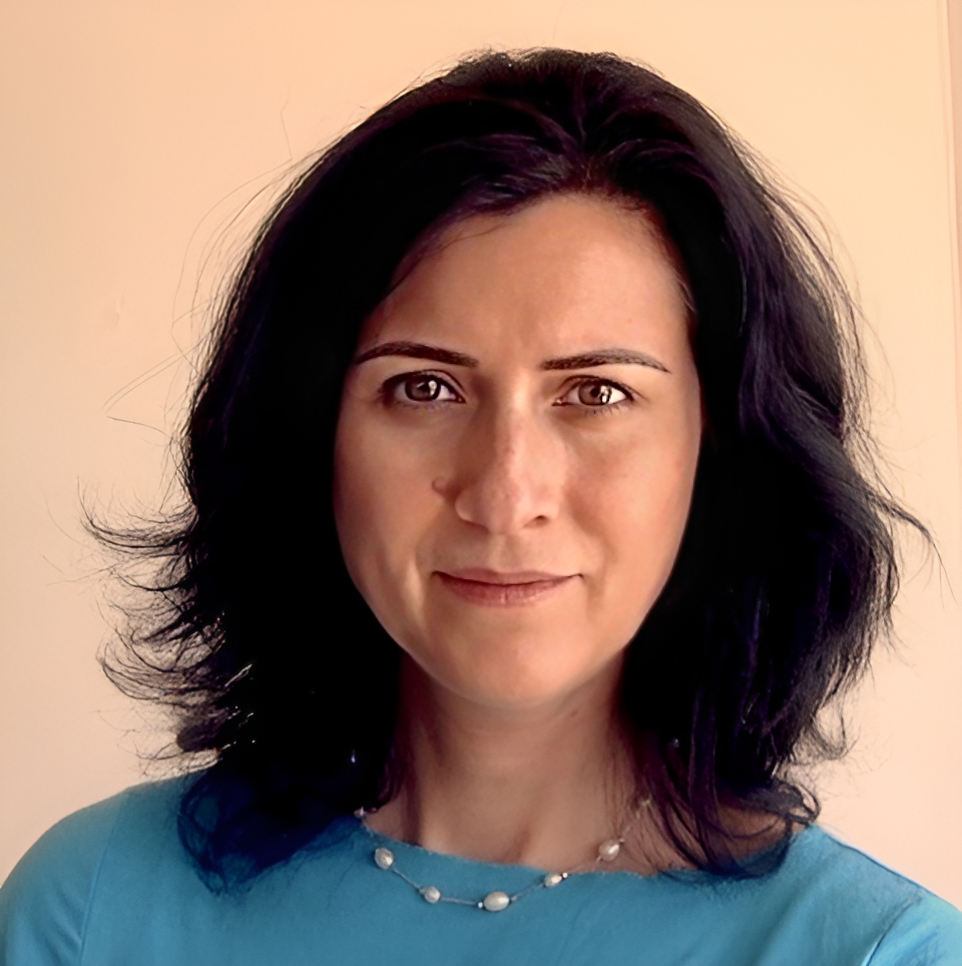
Prof. Marina Fiori
Swiss Federal University for Vocational Education and Training (SFUVET)
Website
I am an industrial and organizational psychologist with a PhD in social and personality psychology obtained at the University of Illinois at Chicago. My research focuses on identifying, understanding, and explaining the individual differences that drive consistent patterns of thinking, feeling, and behavior. Trained as an experimental psychologist specialized in social cognition, I apply this approach to my studies on emotional intelligence (EI). My work integrates experimental research with the exploration of individual differences. The most recent projects involve the introduction of a new component of emotional intelligence based on how individuals process emotion information (EIP component) and the investigation of emotional hypersensitivity as a cornerstone of EI. In recent years, I have also focused on vocational education and training, examining the cognitive and emotional traits that contribute to the effectiveness of vocational school students and teachers.
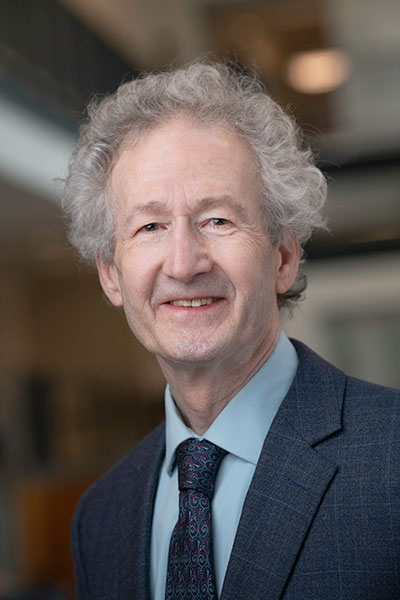
Prof. John Mayer
University of New Hampshire
Website
John D. Mayer, Ph.D., is a professor of psychology at the University of New Hampshire. He has published extensively on personality, personality assessment and people-centered intelligences, especially emotional and personal intelligences. His works include peer-reviewed articles, book chapters and books, and several coauthored psychological tests. Dr. Mayer is a fellow of the American Psychological Society, and a member of the Association for Research in Personality and the Society for Personality Assessment. He is author of “Personal Intelligence: The power of personality and how it shapes our lives,” (Farrar, Straus, & Giroux/Scientific American), and two textbooks. His work has been featured in media outlets including the New York Times, Time Magazine, NPR, the BBC, and Scientific American Mind. He has lectured widely on the topics of emotional intelligence, personal intelligence, and personality more broadly. Mayer resides in Durham, New Hampshire, USA. - https://mypages.unh.edu/jdmayer
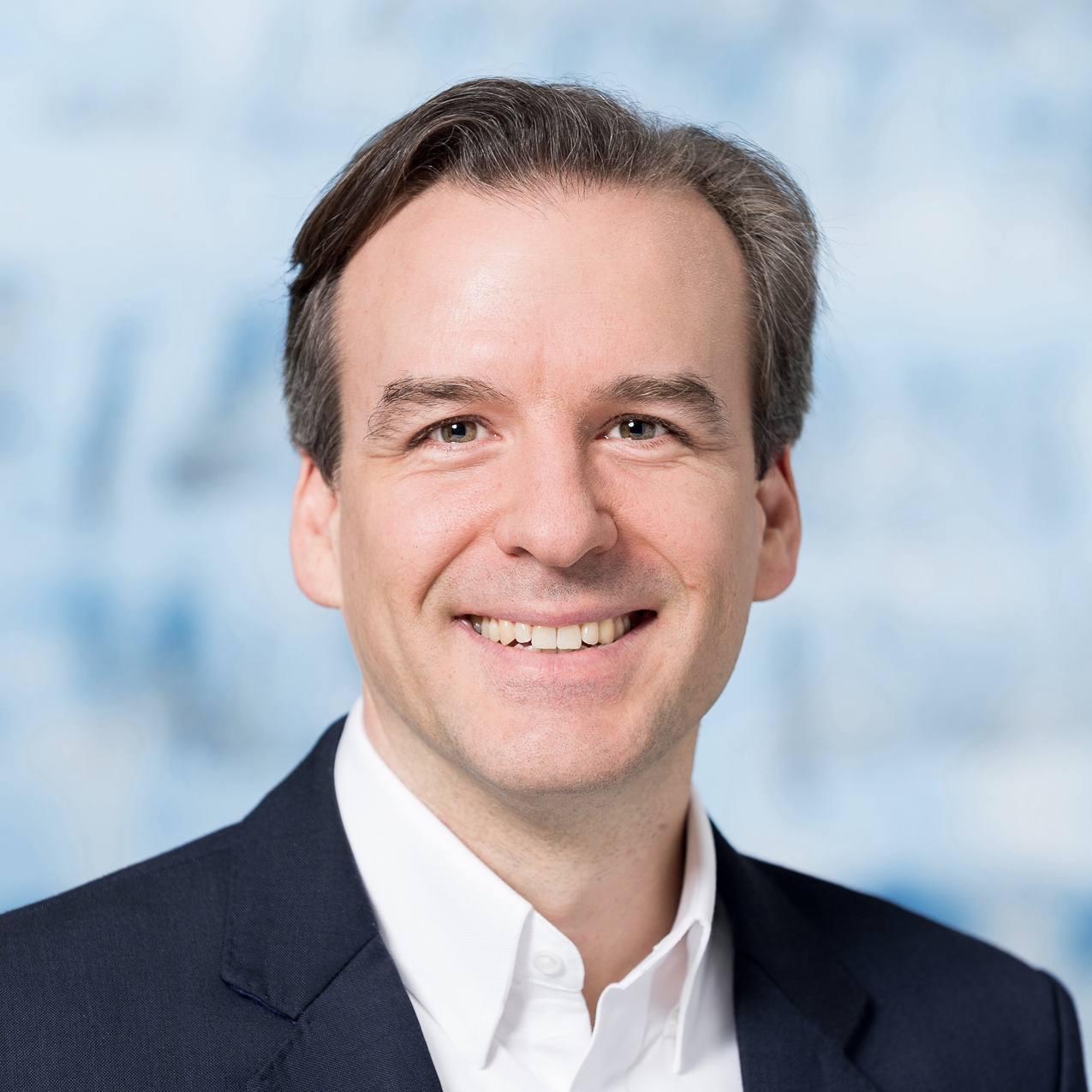
Prof. Jochen Menges
University of Zurich
Website
How can people feel and do their best at work, today and tomorrow? That is the question that Professor Jochen Menges focuses on as the Chair of Human Resource Management and Leadership at the Department of Business Administration and as the Director of the Center for Leadership in the Future of Work at the University of Zurich. He studies how emotions drive behavior in organizations, how leaders effectively interact with and influence followers, how emotional intelligence manifests in behavior and is facilitated by context, how collective emotions emerge at higher levels of analysis, and how people prepare for the future in an ever-changing world of work. Jochen's research relies mainly on experimental, archival, survey, and field studies, and has been published in top-tier academic and practitioner outlets. As a co-founder of the Global HR Valley®, a future-of-work ecosystem that is part of the Re-skilling Revolution of the World Economic Forum, he builds a platform together with prominent businesses, organizations, and governments to prepare leaders and organizations for a changing world of work - one in which emotional intelligence is destined to play an ever larger role.
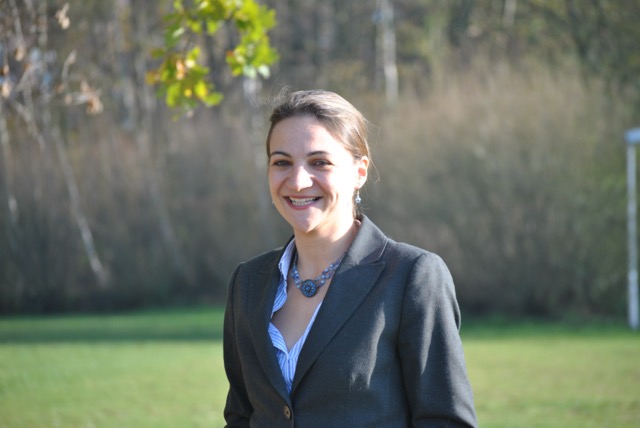
Prof. Moïra Mikolajczak
University of Louvain
Moïra Mikolajczak completed her Ph.D. at the University of Louvain in 2006 and her postdoctoral research at Stanford University, California, with James Gross. She is currently a Professor at the University of Louvain (Belgium). Until 2015, her research focus was on emotional competence, which she explored from both fundamental and applied perspectives. Her fundamental research aimed to integrate various complementary theories about emotional intelligence (EI) into a unified model, and to understand the biological and behavioral pathways through which EI influences health. Her applied research seeks to determine whether and how EI can be enhanced in adults, and the subsequent effects on psychological, somatic, and social adjustment. After 15 years of research on EI, she shifted her focus in 2015 to parental burnout. She co-heads the Parental Burnout Research Lab, the Training Institute for Psychology and Health, and the International Investigation of Parental Burnout (IIPB) Consortium, which includes 50 countries.
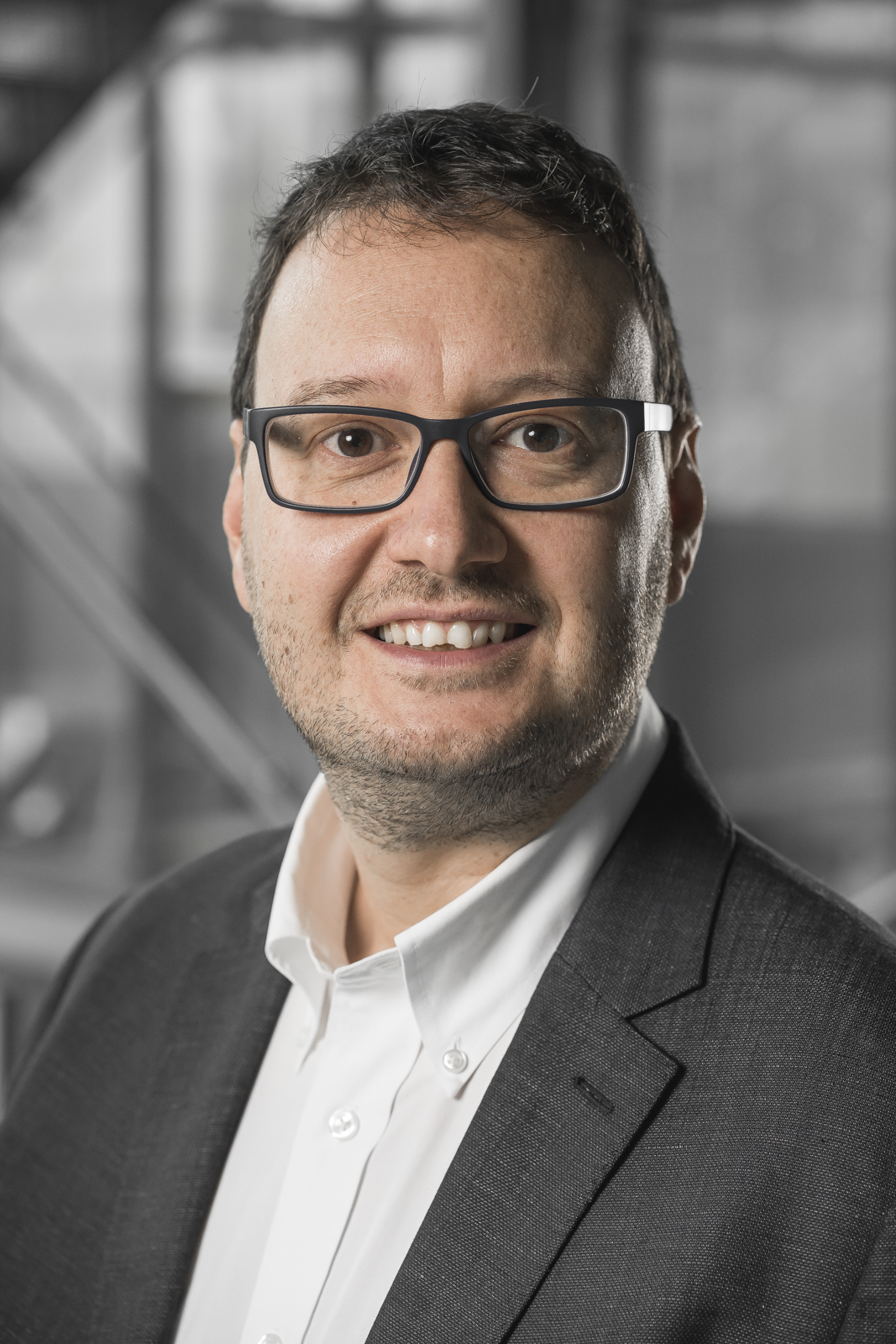
Dr. Marcello Mortillaro
Swiss Center for Affective Sciences - University of Geneva
Website
Marcello Mortillaro obtained his PhD in Communication Psychology from the Catholic University of Milan. He currently serves as the Head of Applied Research at the Swiss Center for Affective Sciences at the University of Geneva, Switzerland. In this role, he has directed numerous projects in collaboration with both public institutions and private companies. Dr. Mortillaro's research focuses primarily on nonverbal behavior and emotional intelligence. His recent work has centered on integrating emotion theory into the study of emotional intelligence and developing methods for its assessment. This effort resulted in the creation of the Geneva Emotional Competence Test (GECo), one of the first performance-based multi-branch instruments designed to evaluate emotional intelligence in the workplace. Dr. Mortillaro is currently leading several projects aimed at investigating the role of EI in different domains, namely tourism, hospitality, and health care, with a particular focus on the assessment.
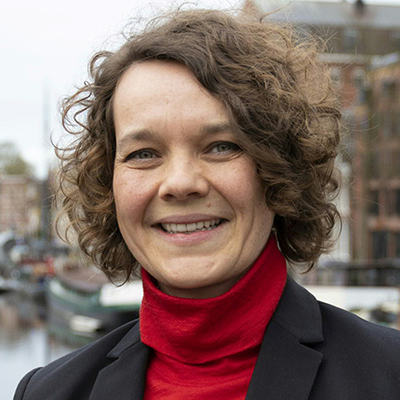
Dr. Susanne Scheibe
University of Groningen
Website
Susanne Scheibe is Professor in Organizational Psychology and head of the department of Organizational Psychology at the University of Groningen in the Netherlands. In her research, she adopts a lifespan perspective on organizational well-being and behavior, with a special focus on how emotional competencies and daily emotion/stress dynamics change across adulthood, and how age-related changes in cognition, affect, and motivation affect people in work settings. Originally from Germany, Scheibe studied psychology at Humboldt University Berlin and was a researcher at the Max Planck Institute for Human Development and Stanford University. She has published over 60 scientific papers, is partner investigator of the Stress-in-Action consortium (funded by the Dutch Research Council) and is the vice chair of the COST Action network LeverAge (A European Network to Leverage the Multi-Age Workforce). She was Associate Editor of “Cognition & Emotion” and is currently Consulting Editor of “Work, Aging and Retirement”.

Prof. Klaus R. Scherer
Unige (prof. hon.)
Klaus R. Scherer (Ph.D. Harvard University) has held professorships at the University of Pennsylvania and the Universities of Kiel, Giessen, and Geneva. He is currently an emeritus professor at the University of Geneva and an honorary professor at the University of Munich. His extensive work on different aspects of emotion, in particular on appraisal processes, vocal and facial expression and emotion induction by music, has been widely published in international peer-reviewed journals. Klaus Scherer is a fellow of several international scientific societies and a member of several learned academies. He founded and directed the Swiss Center for Affective Sciences, held an Advanced Grant of the European Research Council and has been awarded honorary doctorates by the University of Bologna and the University of Bonn.
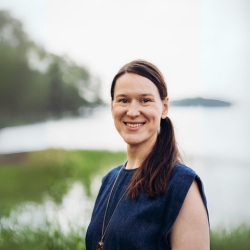
Dr. Katja Schlegel
University of Bern
Website
I am a senior lecturer at the University of Bern and I study individual differences in people’s ability to perceive and use emotional information effectively, also known as “emotional intelligence” (EI). My current research focuses on (1) the role of emotion recognition ability in well-being and social outcomes, (2) the measurement of personality and well-being through smartphone sensing, (3) the role of emotional intelligence in shaping the transition to parenthood, and (4) the performance of Large Language Models (LLMs) in solving and creating ability EI tests.
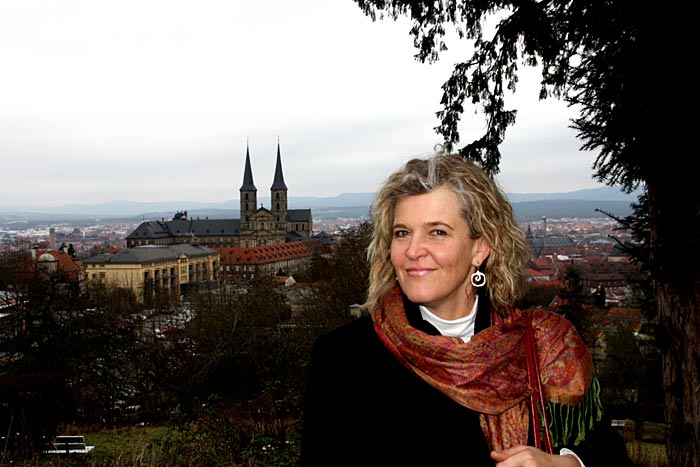
Prof. Astrid Schütz
University of Bamberg, Germany
Website
Astrid Schütz holds the chair of Personality and Assessment at the University of Bamberg and is the Director of the Centre of Personnel Psychology at this institution. Her research focuses on personality and social interaction. She is interested in power, well-being and personal resources such as self-esteem and emotional intelligence. Moreover, she likes to explore the dark side of relationships by investigating topics such as narcissism and destructive leadership. With her team she has developed tests, questionnaires and indirect measures of assessment as well as on-site and online trainings in these fields. In numerous projects with companies and other stakeholders the findings and tools were applied to practical questions of personnel psychology. Her research was published in over 180 peer-reviewed articles and over 30 books or tests.

Prof. Maya Tamir
The Hebrew University of Jerusalem
Website
Prof Tamir completed her PhD at the University of Illinois at Urbana-Champaign, and her post-doctoral training at Stanford University. She is a full professor and former Chair of the Psychology Department at the Hebrew University of Jerusalem. Her research explores motivation and other aspects in emotion regulation and how they impact mental health, social relationships and well-being. Prof. Tamir is the former elected president of the Society for Affective Science. She served as Associate Editor in Emotion, Emotion Review, and the Journal of Personality and Social Psychology, and now serves on the editorial boards of Psychological Bulletin, Emotion, and the Journal of Personality and Social Psychology. She also serves as the co-editor of the Cambridge series on Studies in Emotion and Social Interaction. She has published over 100 papers in general, social, personality, cognitive, and clinical journals, and her work has been funded by Israeli, European, and American agencies.
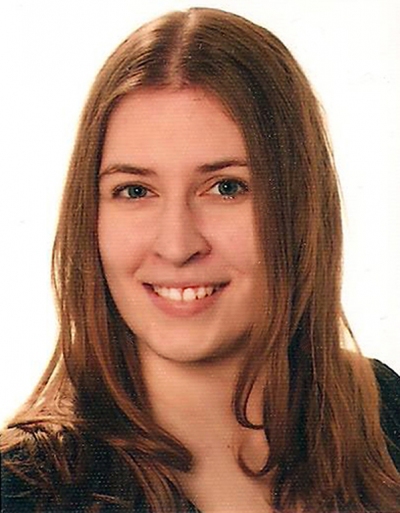
Dr. Juliane Völker
University of Geneva
Website
I am a postdoctoral researcher and psychologist who focuses on emotional intelligence in the context of work. My research targets the assessment of, education about, and training of emotional competencies in this highly interactive and deeply emotional industry. My goal is to pursue the application of science insights and methodology in business education and practice. Above all this includes the development of psychometric tests. In other words, my work centers around the question: how do people deal with emotions on the job, and how do we help them to do so effectively? I have been with the Swiss Center for Affective Sciences since 2021 where I embarked on a collaboration project with the EHL hospitality business school in Lausanne and Passugg. Before coming to Switzerland, I completed my PhD in psychology investigating emotional intelligence and emotions evoked by music at the University of Trier, Germany.
